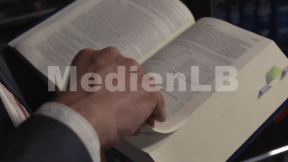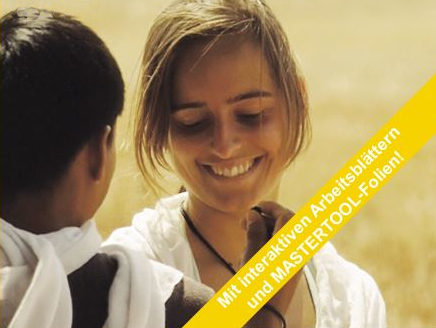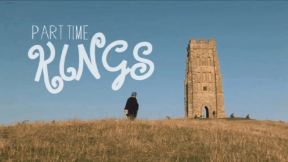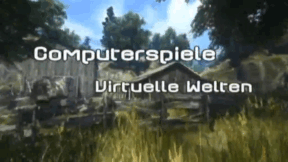 German
German

4679023 / 5565784
Expressionism in Literature
Poetry, Prose, Drama
The term Expressionism is made up of the two words “ex“ and “premere“, the Latin word for “ to press”.
So Expressionism is the art of expressing oneself.
Truths, thoughts and experiences seen mentally are brought out and in a manner that is radical, blunt and, above all, subjective.
Thus Expressionism was the response to a world that was completely turned upside down, which posed enormous problems for the whole of humanity at the beginning of the 20th century.
The period of Expressionism is dated both in literature and the visual arts from 1905 to 1925.
The essential event in those years was the First World War, which lasted from 1914 to 1918 and called into question human existence as a whole.
It was waged with so far unknown dreadful weapons, such as the use of gas as in combat.
War, destruction, disintegration, confusion , loss of self, ecstasy, madness, love, emotions were the Expressionists’ subjects which they dealt with in a strongly subjective and existential, sometimes almost eruptive manner.
Political depression, advancing industrialisation and, last but not least, problems of the city became constantly recurring themes in many works.
Berlin was the hub of this era and its art.
The city was full of life but also bursting at the seams. Many people had difficulties adapting to the speed of the new era.

Curriculum-centred and oriented towards educational standards
Matching
Rights and Obligations
Three girls of different ages: Anna is 17, Paula 15 and Lena 13. Before the law, their respective ages have consequences – because children and adolescents have different rights and also obligations.
Computer Games
This film covers the topic of computer games in a variety of ways and from many different angles. Apart from the fascina- tion of computer games for users, the historical development as well as the production of computer games are described. The established genres are introduced, the guidelines of the German BPjM are explained. In light of recent public discussions, a neutral overview of the pros and cons of playing computer games is given, and different kinds of player behaviour are outlined. In this film, the pupils will recognise many aspects of their favourite pastime that encourage an independent, constructive use of this medium and reinforce their media competency. The film and teaching material are very closely related to the real-life situation.









